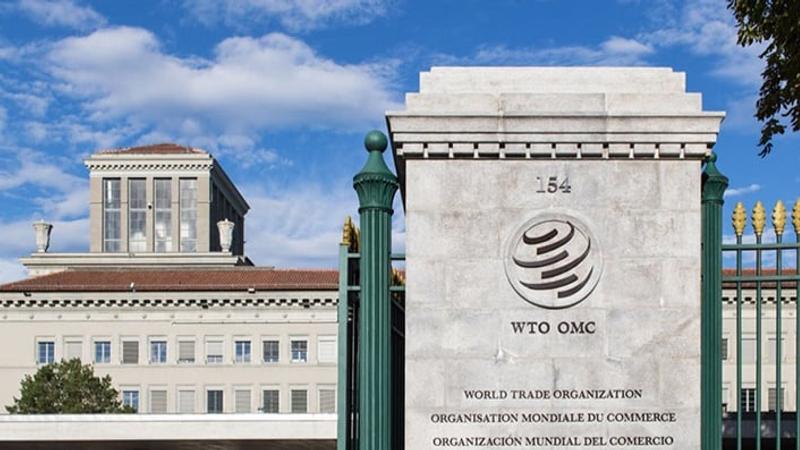Published 16:51 IST, April 27th 2024
India, Chinese Taipei request WTO to delay ruling on ICT import duties dispute
The request was made during a meeting of the dispute settlement body in Geneva on April 26.

India and Chinese Taipei have jointly requested the World Trade Organization's (WTO) dispute settlement body (DSB) to withhold any ruling regarding New Delhi's import duties on specific information and technology products until July 26. The move comes as both parties engage in ongoing efforts to resolve the matter, according to an official statement.
The request was made during a meeting of the dispute settlement body in Geneva on April 26, where representatives from both countries urged the DSB to postpone the consideration of a dispute panel's reports until July 26, 2024. The delay aims to facilitate the resolution of the disputes, with the DSB agreeing to the request, as confirmed by a Geneva-based official.
This isn't the first time such a request has been made. Previously, the DSB had acceded to three previous requests from India and Chinese Taipei to delay the consideration of the reports.
The dispute originated from a case filed by the European Union, Japan, and Taiwan against import duties imposed by India on certain information and technology products. The WTO's dispute panel ruled on April 17, 2023, stating that these duties violated global trading norms.
Chinese Taipei had filed a separate case against India in the WTO in May 2019, specifically challenging the import duties imposed on certain electronic goods, including telephones for cellular networks and machines for reception, conversion, and transmission of data.
India's stance revolves around its classification of these products under the WTO's Information Technology Agreement (ITA-1), which it signed in 1997. India argues that as it is not part of the ITA-2 agreement, it is not obligated to eliminate customs duties on these products.
The WTO, as a 164-member multilateral body, is responsible for adjudicating trade disputes among member countries. However, the functioning of its appellate body, which handles challenges to panel rulings, has been hindered by differences among member countries regarding the appointment of its members. The United States has notably been blocking the appointment process, resulting in a backlog of pending disputes.
Despite the challenges in the appellate body's functioning, member countries retain the option to file cases in the WTO if they believe that a particular trade measure violates WTO norms.
(With PTI inputs)
Updated 16:51 IST, April 27th 2024




